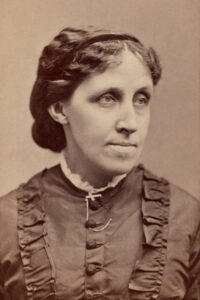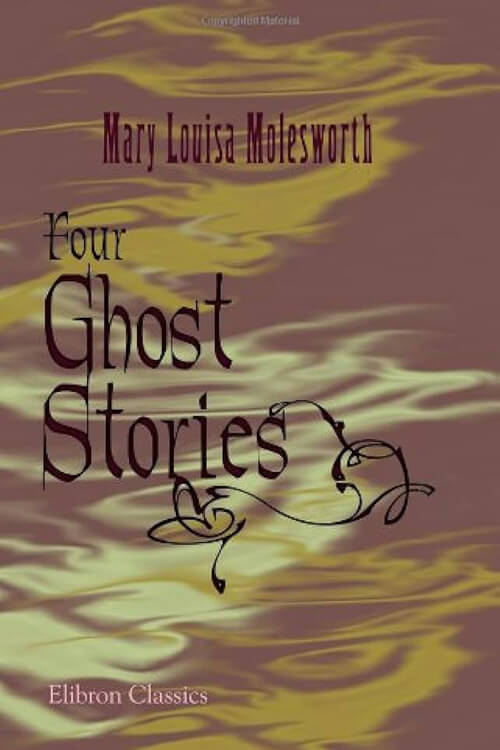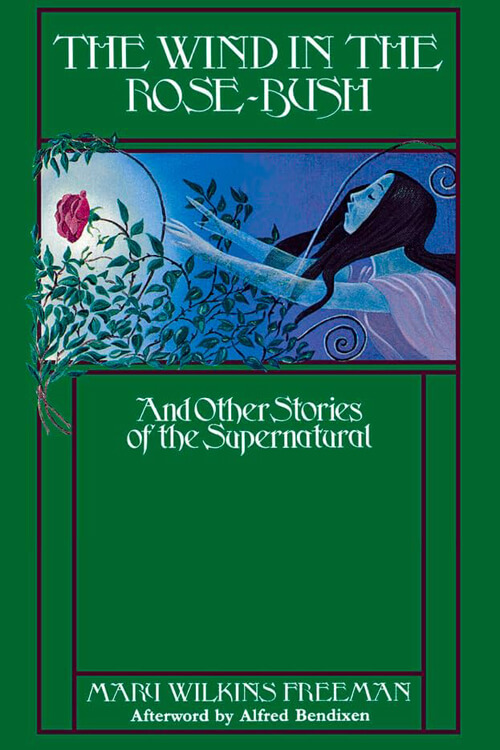
The Abbot’s Ghost, (A Christmas Story)
Maurice Traherne is wrongly accused of fraud and gambling and must play a careful hand to win his love, Octavia, from the grasp of other, less honourable men and retain the trust of those who had faith in him. Traherne is temporarily crippled, saving the life of his well-born friend, Jaspar. Thus, Jaspar is assured of inheriting his father’s estate, but it is expected that Traherne will inherit great wealth as gratitude for saving the heir.
But–surprise!–upon the death of Jaspar’s father, all are shocked to learn that Traherne has been disinherited: the will has been changed at the last minute, and only the suffering Traherne knows why but won’t tell. Then he falls in love with Jaspar’s sister, the fair Octavia. However, Octavia is forbidden to marry, as Traherne is penniless.
Read or download Book
Louisa May Alcott
Louisa May Alcott (November 29, 1832 – March 6, 1888) was an American novelist, short story writer, and poet who wrote the novel Little Women (1868) and its sequels Little Men (1871) and Jo’s Boys (1886).
Biography.
Raised in New England by her transcendentalist parents, Abigail May and Amos Bronson Alcott, she grew up among many well-known intellectuals of the day, including Margaret Fuller, Ralph Waldo Emerson, Nathaniel Hawthorne, Henry David Thoreau, and Henry Wadsworth Longfellow. Alcott’s family suffered from financial difficulties, and while she worked to help support the family from an early age, she also sought an outlet in writing. She began to receive critical success for her writing in the 1860s. Early in her career, she sometimes used pen names such as A. M. Barnard, under which she wrote lurid short stories and sensation novels for adults that focused on passion and revenge.
Published in 1868, Little Women is set in the Alcott family home, Orchard House, in Concord, Massachusetts, and is loosely based on Alcott’s childhood experiences with her three sisters, Abigail May Alcott Nieriker, Elizabeth Sewall Alcott, and Anna Alcott Pratt. The novel was well-received at the time and is still popular today among both children and adults. It has often been adapted for stage plays, films, and television. Alcott was an abolitionist and a feminist and remained unmarried throughout her life. She also spent her life in reform movements such as temperance and women’s suffrage. She died from a stroke in Boston on March 6, 1888, just two days after her father had died.






